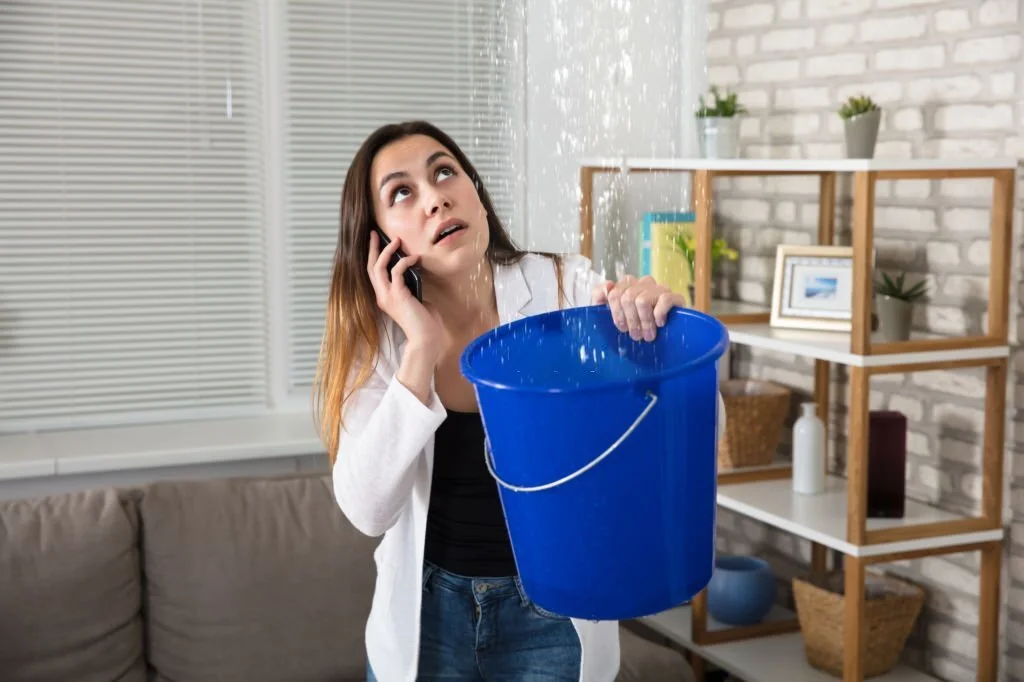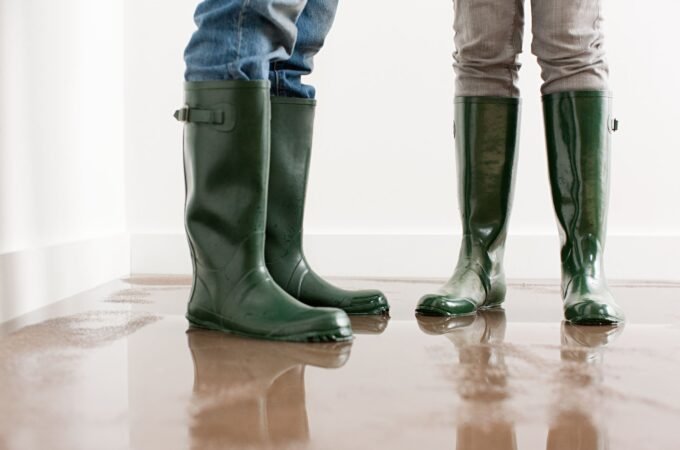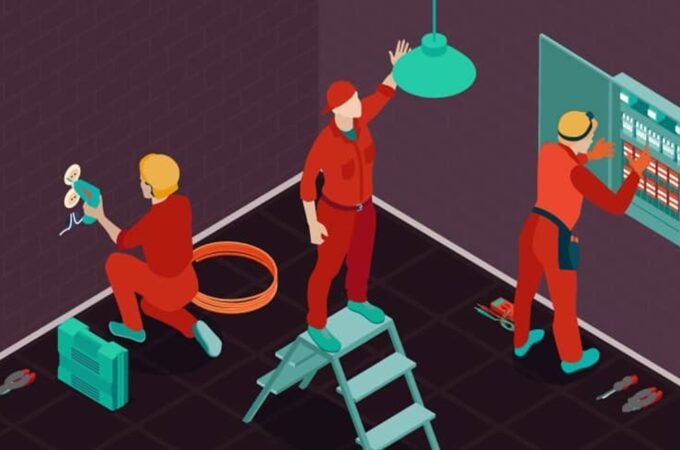
Effective Strategies for Preventing Water Damage in Your Home
Table of Contents
ToggleWhat is Water Damage?
Water damage is any harm or detriment from water entering areas it should not be in. Water damage may result in various issues, such as mold growth, structural damage, and ruined personal belongings. The damage usually happens unexpectedly and can significantly impact your home’s functionality and appearance. Frequently, homeowners require water damage restoration services to address these pro and return their homes to a habitable state.
Understanding the potential causes and how to prevent water damage can save homeowners significant stress and money. By learning about familiar sources and proactively taking measures to protect your home, you can avoid the pitfalls of water damage. Let’s explore the sources of water damage and the steps you can take to safeguard your property.
The Importance of Regular Maintenance
Regular maintenance is essential for avoiding water damage, including the need for water damage restoration. Regular checks on plumbing, roofs, and household appliances can help identify and repair minor problems early on, preventing them from becoming major issues. For instance, keeping gutters clean, inspecting for leaks, and ensuring that your appliances are in proper working order can help prevent water damage. While performing routine maintenance may seem like a hassle, it is crucial for the durability and security of your home. Additionally, fixing minor problems promptly is not just a wise financial decision but also promotes the general well-being of your house. Being proactive can help you prevent water damage in your home and avoid the stress and cost associated with it.
Familiar Sources of Water Damage
Multiple reasons can cause water damage in your residence. Here are some of the most common sources:
- Leaky roofs: As time passes, roofs may develop leaks caused by aging or extreme weather conditions. These leaks permit water entry into your home, resulting in structural damage and mold growth.
- Burst pipes: Pipes may rupture due to freezing temperatures, corrosion, or increased water pressure. When this occurs, your home can quickly flood.
- Blocked gutters: Gutters clogged with leaves, debris, or ice can cause water to overflow and damage your home’s exterior and foundation.
- Faulty home appliances: Appliances such as washing machines, dishwashers, and water heaters can develop leaks or malfunctions that result in water damage.
- Natural disasters: Events such as heavy rainstorms, hurricanes, and floods can lead to significant water damage, often requiring extensive repair work.
While some of these sources are beyond control, regular inspection and home maintenance can significantly reduce the risks of water damage. Being vigilant and addressing issues early can prevent minor problems from escalating into significant damage.
Tips to Prevent Water Damage
Preventive measures can go a long way in protecting your home from water damage. Here are some practical tips:
- Regularly inspect your roof: Check for missing or damaged shingles, leaks, and other issues. Addressing these problems promptly can prevent water from seeping into your home.
- Keep gutters clean: Clean your gutters regularly to prevent clogs. Unblocked gutters allow rainwater to flow freely, reducing the risk of flooding and damage caused by water.
- Check appliances for leaks: Regularly check washing machines and dishwashers for any indications of leaks. Replace worn-out hoses and components to avoid unexpected failures.
- Install water leak detectors: Position leak detectors in critical locations, such as beneath sinks, close to water heaters, and surrounding appliances. These sensors can notify you of possible issues before they worsen.
- Seal windows and doors: Close all windows and doors tightly to prevent water from entering your home during heavy rain or storms. Use weather stripping and caulk to fix holes and fractures.
Adhering to these instructions can significantly reduce the likelihood of water damage in your home. A study shows that maintaining your home correctly can minimize water damage claims by 20%.
Implementing preventative strategies at home can prevent expensive repairs and lead to long-term cost savings.
Conclusion
Ensuring no water damage is crucial to maintaining a secure and cozy living environment. You can safeguard your home from expensive damages by being mindful of common causes of water damage and taking preventive steps, like regular upkeep and getting the right insurance. The tactics addressed in this article improve the durability of your home and offer reassurance by ensuring you are ready for any possible water-related problems.
Remember, dedicating time to examine, upkeep, and protect your house is an intelligent decision that will benefit you in the future. Ensuring your home is protected from water damage helps maintain its status as a haven for you and your family.





